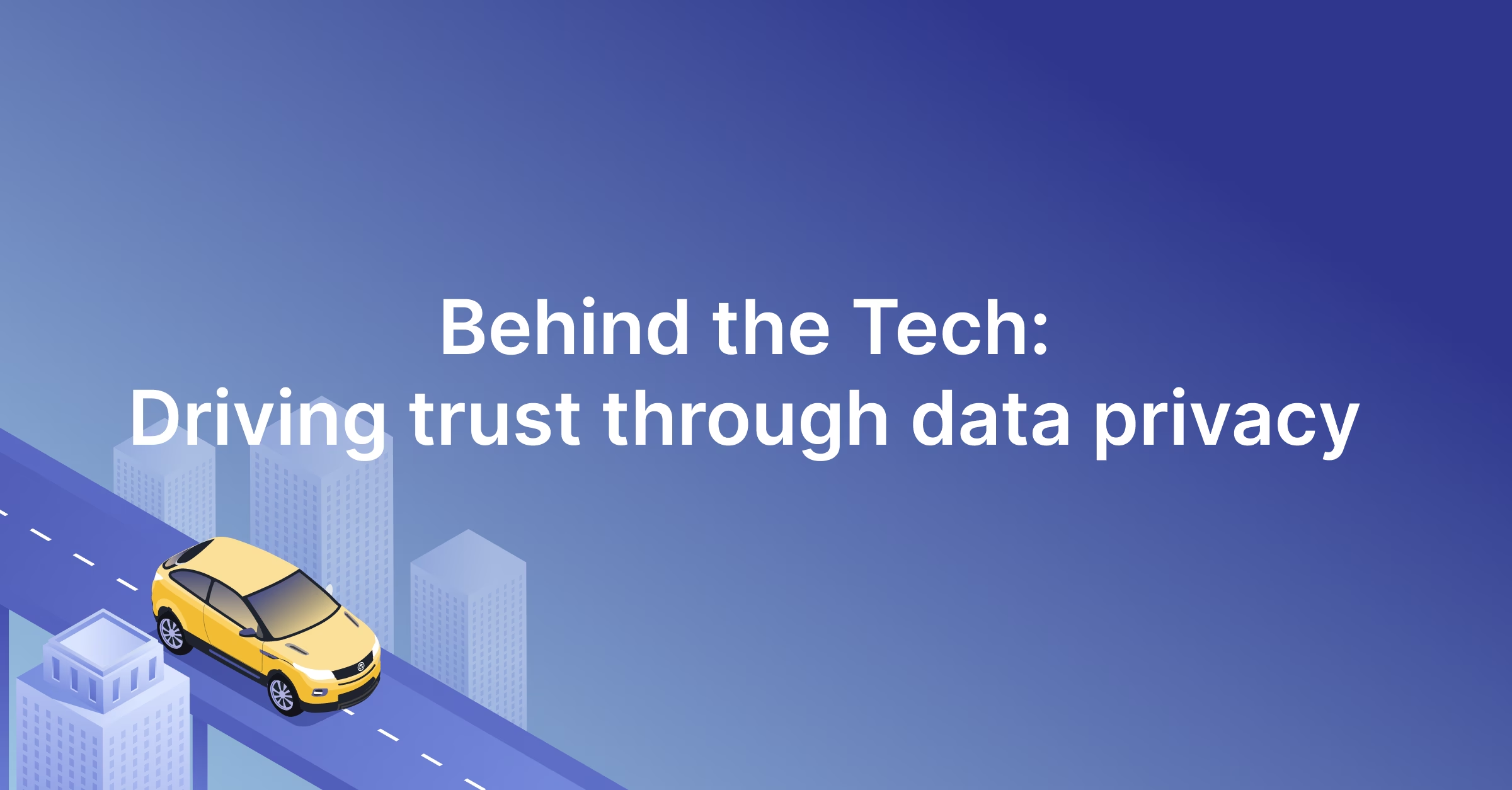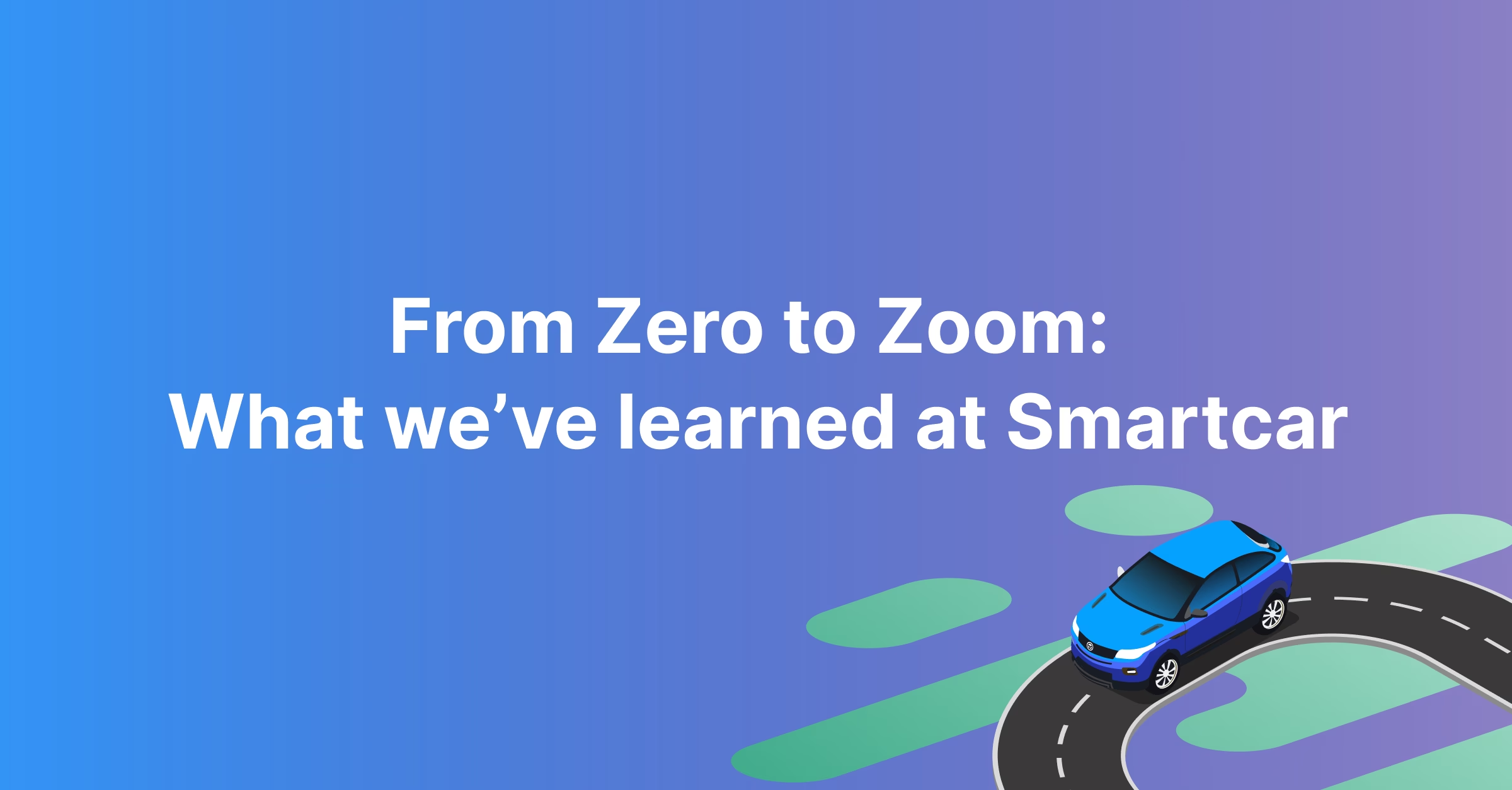EV charging
API
Gestiona remotamente la carga de vehículos eléctricos
Comprueba el estado de carga y carga los vehículos eléctricos con sencillas solicitudes de API.

Charging status
Check whether an EV’s charging cable is plugged in and charging.
Start or stop charge
Remotely start or stop charging a battery electric (BEV) or plug-in hybrid vehicle (PHEV).
Get & set charge limit
Preserve battery health by managing charge limits for electric vehicles.
Características del producto
Compatible con 39 marcas de automóviles
Flujo de consentimiento de usuario amigable
Funciona en vehículos de 2015 y más recientes
Fiable y seguro
Recupere datos en tiempo real y active acciones en tiempo real
SDK para Go, Java, Node.js, Python y Ruby
Industrias relacionadas
Redes de carga de vehículos eléctricos
Proporciona tiempos de carga estimados, horarios de carga automática y planificación de viajes con vehículos eléctricos en tu aplicación.
Proveedores de energía y servicios públicos
Gestione la carga de vehículos eléctricos residenciales de sus clientes para equilibrar mejor la carga de la red eléctrica.


.jpg)

